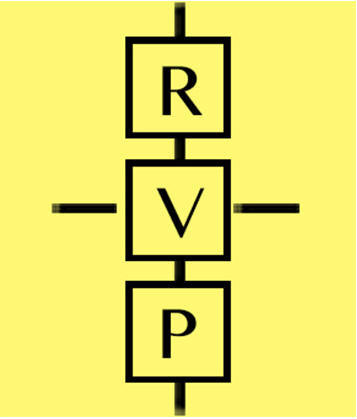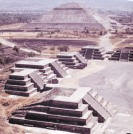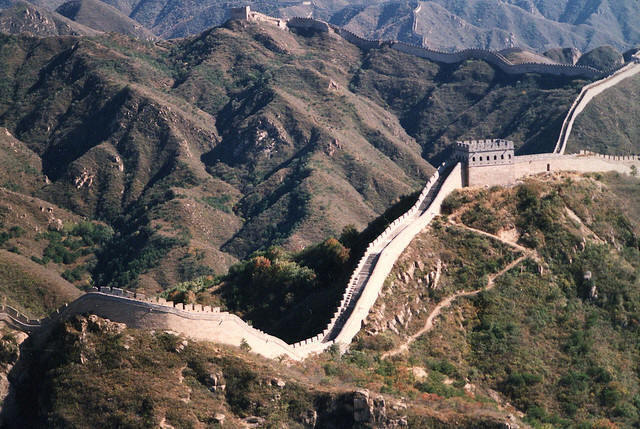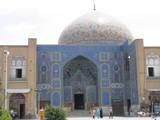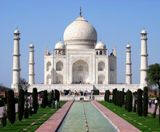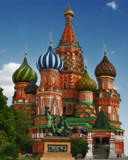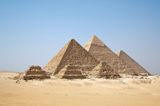|
|
AN INVITATION
THE ANNUAL SEMINAR
Re-Learning to be Human for
Global Times
Structure and Role of Compassion
August 8-September 9,
2016
Washington, D.C.
I. Challenges
Humankind is changing paradigms at an
unprecedented speed and depth: in science and
technology, in the socio-economic and political sphere,
in the self-understanding of cultures and societies, in
the transformation of major religious entities and the
creation of new cultures and modes of being. And yet, we
need to ask: What are the constancies or consistencies
in human self-understanding needed in order to further
the global process of becoming-human?
Moreover, the human family still faces enormous
challenges when it comes to solving problems such as the
creation of conditions required to affirm the dignity of
all members of the human family, particularly in regard
to such phenomena as needless hunger and chronic
unemployment, violence and terrorism, injustice and
exclusion, abuse of children and abandonment of the
elderly, analphabetism and ideological manipulation,
destruction of human values and of the natural
environment in which we are destined to live.
Hence the need to ask: What role must be played by
Ethics and Morality in the advancement of political and
economic processes, in science and technology? How to
reconfigure the humanizing mission of Education and the
processes of communication and/or diffusion of
knowledge? In what sense must the great religions of the
world advance their own self-understanding, their
identity and their mission? How to understand the role
and the mission of Family and School in the process of
renewing humanity and so create the conditions of
possibility for a future that can be said to be more
truly human and, by the same token, even more divine
than before?
The 2016 annual RVP-Seminar in Washington DC will focus
on the issues of love and compassion,
of gratitude andresponsibility.
It will try to further the kind of human
self-understanding that is capable of bridging the
multiple contributions of East and West, of North and
South, of Religion and Science, of Art and Technology,
of Freedom and Law, of self-interest and mutual
cooperation.
II. Response
Self and Other: Openness for Compassion
The focus will be philosophical, and will explore the
enigma of the passage from pathos to ethics,
that is, illuminating the liberating passage from the
self-centered ‘me and mine’ to
the Epiphany of the Other whenever it is given in the
context of authentic human encounters. Compassion has the
structure and the potential needed to
transform the human person both in terms of the
dialectic of immanence and transcendence as well as in
regard to the relational universe of each concrete human
being.
Social Freedom: Compassion in the Polis/City
Human freedom is in need of rediscovering the high moral
value associated with compassion as constituting a
manifestation of humility and benevolence. To refuse
compassion or to be ungrateful before the Other, human
or divine, manifests a strange form of pride, which
fastens on self, takes good deeds for granted and,
consequently, is deprived of true lucidity. In contrast,
freedom as compassion is
at the origin of especially positive emotions which are
most important for the social bond and the pursuit of
fulfillment.
The Attraction of Beauty: Compassion as Motivating
a Progressive Globalization
To philosophically
pursue the role of compassion across
cultures and civilizations is to search for
cultural/spiritual elements capable of transforming
human beings into citizens of a new polis,
ambassadors of that Kingdom that transcends and whose
name is Goodness or the domain of benevolent Justice.
This is yet another
name forCompassion
which, as such, is inclusive of both Forgiveness and
Reconciliation.
Indeed, as we think through the anthropological
structure and the implications of compassion we shall
also begin to cross the cold boundaries of proper terms
and concepts into the aesthetic realm of beauty that in
the words of ancient Hindu Upanishads “warms the heart
and unleashes the limbs”. The world of today demands
from all of us the firing up of a new social imaginary
in order to answer the major ethical challenges of our
present global condition.
Application for Participation
Applications for participation in this seminar should be
sent by email by April 10, 2016, to cua-rvp@cua.edu.
Participants cover their own travel costs; the RVP
provides simple room and board during the seminar. The
seminar will be conducted in English and held at the RVP
Seminar Room: Gibbons Hall B-12, 620 Michigan Avenue,
North East, Washington, D.C., 20064. Email:
cua-rvp@cua.edu; Telephone: .
Please
enclose:
(1) a CV describing the
applicant's education,
professional positions and activities;
(2) a list of the applicant's publications;
(3) a letter stating the
applicant's interest
and involvement in this theme and its relation to his/her past
and future work in philosophy and/or related studies;
and
(4) abstract of a paper the
applicant's might
want to be considered for presentation during the
Seminar and then submitted for eventual publication.
|
(all
the materials on this website are copyrighted © by
the council for research in values and philosophy)
|

